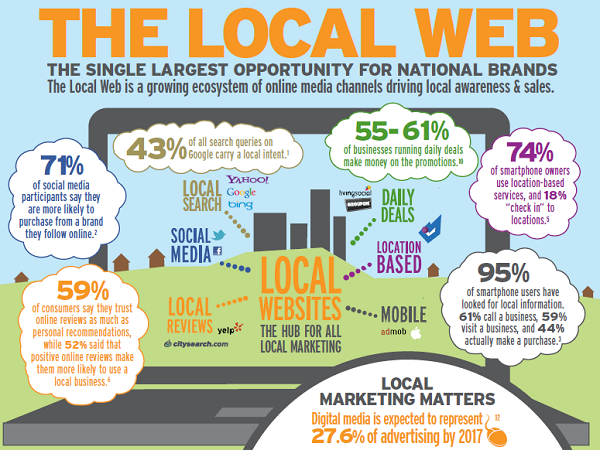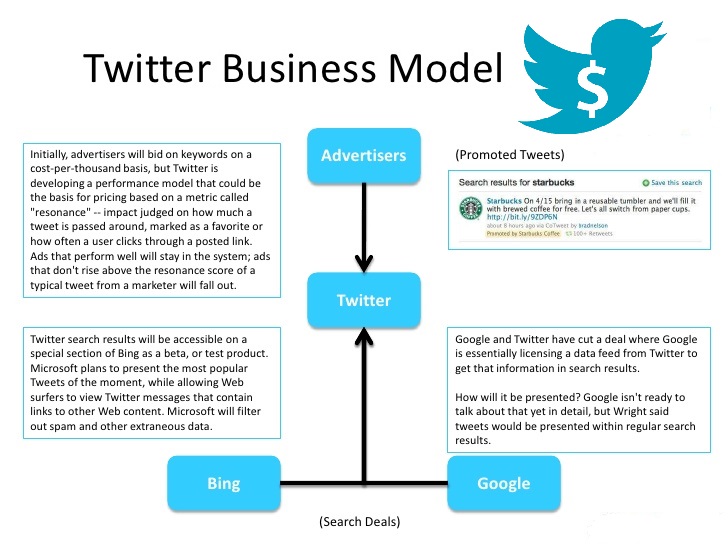The correlation between web usability and ecommerce is of greater significance as more companies from the developed world, seek to expand their operations into emerging markets.
According to internet usage data published by Nielsen//NetRatings, during the year 2015, 37.4% of the world’s e-commerce activity took place in the Asian market, followed by North America with a 31.7.9%, Europe with a 25.9% and Latin America with 6.3 %. Nevertheless, in the year 1996 most of the ecommerce activity took place in North America with 83% of the world total.
It is clear then, that the largest growth in e-commerce transactions occurred in emerging economies that are also more diverse in terms of cultural identity.
Similarly, with the overall growth of ecommerce business transactions in emerging markets, many companies are adapting their web sites to “local” versions. Such adaptation means a specific web design for each market niche that takes into account language and cultural context, preserving at the same the brand integrity.
For example, some studies explain that culturally adapted web sites crafted for each specific market reduce users’ cognitive efforts to process web information, making navigation easier and improving consumers’ attitudes toward the goods and services offered in such ecommerce site.
Why most companies are not adapting their ecommerce websites to each specific market?
The high costs of testing cultural-tailored websites, the obstacles to find key ethnographic elements that effectively contribute to the site’s visual layout and the propensity to cultural ambiguity are some of the reasons why most companies are reluctant to implement culturally adapted ecommerce websites. For instance, in nations such as China and India, the large number of languages and the different connotations images have in each region, may induce designers and web developers to make mistakes in the interpretation of cultural elements.
Even though the above mentioned issues can deter some companies to adapt their websites design to the cultural identity of each specific market, when companies undertake a comprehensive cultural analysis strategy, their ecommerce websites will become more profitable increasing at the same time, users’ satisfaction levels.

The local web

